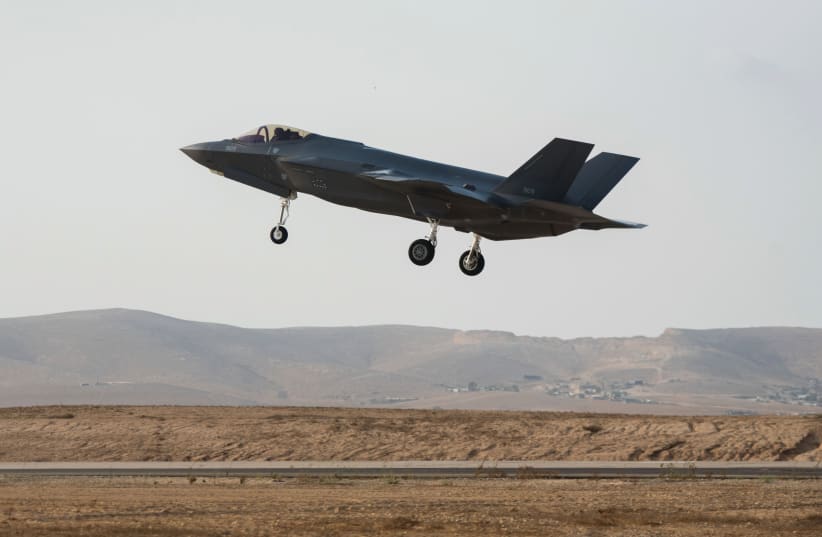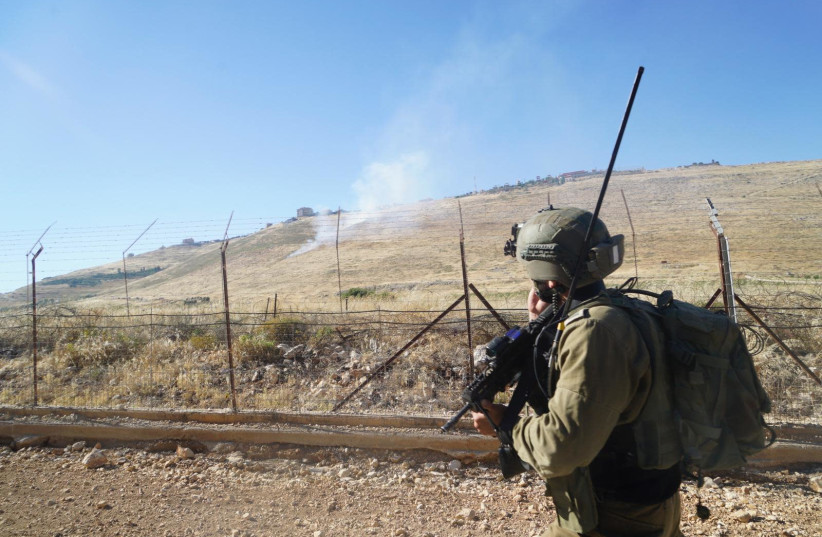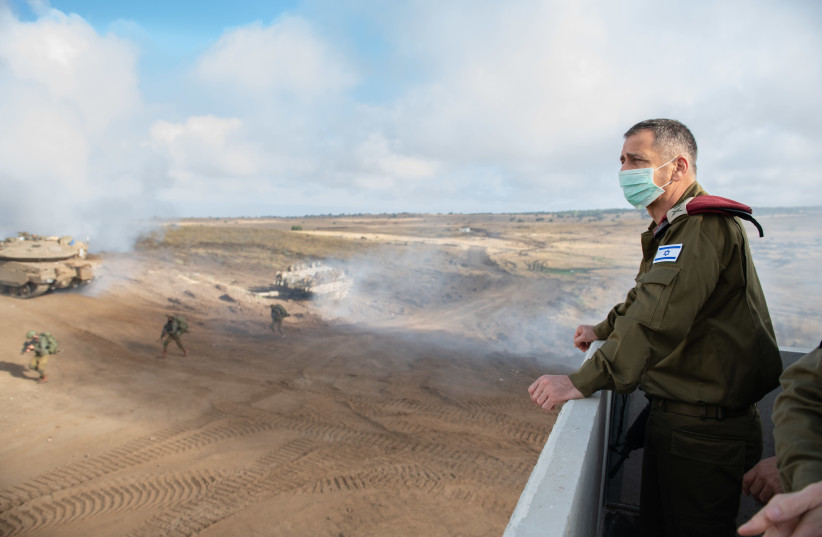Israel’s military is accelerating its operational plans against Iran due to the progress of the Islamic Republic’s nuclear program, IDF Chief of Staff Lt.-Gen. Aviv Kohavi has warned.
“The progress of the Iranian nuclear program has led the IDF to accelerate its operational plans and the recently approved defense budget is earmarked for that,” he said.
Kohavi commented as Prime Minister Naftali Bennett landed in the United States ahead of a visit with US President Joe Biden and other senior officials. Bennett is expected during his first visit to the White House to push Biden to harden his approach to Iran and drop efforts to revive the 2015 Joint Comprehensive Plan of Action (JCPOA).
“When we began to plan the visit, a return to the agreement seemed certain,” Bennett said ahead of his departure on Tuesday. “Since then, the time has passed, the president in Iran has changed, and things seem far less certain. In our view, it may be that there is no return to the agreement.”
With no diplomatic options likely to push Tehran to stop its nuclear program, Israel’s military believes that the Islamic Republic needs to be aware that should it continue with its program, it will face harsher sanctions and a true military option to stop it.
The NIS 58 billion defense budget set for the IDF in the coming year is expected to allow the Israeli military to focus on the threats posed by Iran across the region, with some NIS 3.5b. designated specifically for this.
Israel considers Iran’s nuclear program as its No. 1 concern, and though Iran has consistently denied seeking to build a nuclear bomb, tensions have risen as the West seeks to resume talks on reviving the deal to curb Tehran’s nuclear program.
Kohavi has made it clear that he views the JCPOA as dangerous, saying publicly that he has directed the IDF to prepare fresh operational plans to strike Iran to stop its nuclear program if necessary.
Israel’s top military officer has visited Washington several times in recent months, meeting with senior American officials, including Secretary of Defense Lloyd Austin, National Security Advisor Jake Sullivan, Chairman of the Joint Chiefs of Staff Gen. Mark Milley, head of US Central Command Gen. Kenneth McKenzie, and head of US Special Operations Command Gen. Richard Clark.
Though Washington continues on the diplomatic path, hoping to bring Tehran to sign a new deal, the Americans are fully aware of Jerusalem’s concerns about a future deal.
It is believed that Iran is continuing to develop the capabilities to produce a nuclear weapons arsenal as well as ballistic missiles capable of carrying nuclear warheads.
TEHRAN WAS also prohibited under the JCPOA from transferring any weapons to third countries. But Iran, which possesses over 1,000 short- and medium-range ballistic missiles, is suspected of continuing to smuggle weapons to countries and non-state actors such as Hezbollah on Israel’s northern border and Hamas in the Gaza Strip.
Iran has several kinds of rockets that could reach Israeli territory, including the Khorramshahr 2 with a range of up to 2,000 kilometers (1,243 miles) and the Shahab-3.
The IDF has admitted that Iran’s conventional missile threat is a major concern for Israel. Despite its multilayered air defenses, it may not be able to contend with intensive missile barrages fired by Iran and its proxy groups, such as Hezbollah in Lebanon or Shi’ite militias in Iraq.
The Islamic Republic has also continued to entrench itself in proxy groups like Hezbollah across the Middle East to attack Israel and American interests.As such, “The IDF is working systematically and in various ways to reduce Iran’s influence in the Middle East,” Kohavi said.
In the past year, there was an increase in the number of “war between the wars” operations carried out by Israel, as well as several targets struck, with most airstrikes targeting Iranian entrenchment and weapon smuggling in Syria and even at sea.
It is estimated that alleged Israeli attacks against Iranian ships have stopped between $1.2 million and $2m. from going to terrorist groups in the Middle East.
In addition to those attacks, there have been numerous clandestine activities blamed on Israel inside Iran, such as the assassination of its top nuclear scientist, Mohsen Fakhrizadeh, in November. Dozens of cyberattacks blamed on Israel have targeted Iran’s nuclear program, including three targeting the Natanz uranium enrichment site.
The IDF knows that the international community has no interest in a war with Iran, with every country dealing with its own internal issues, such as the ongoing coronavirus pandemic. But if push comes to shove, the Israeli military has all the options on the table to protect its citizens.


